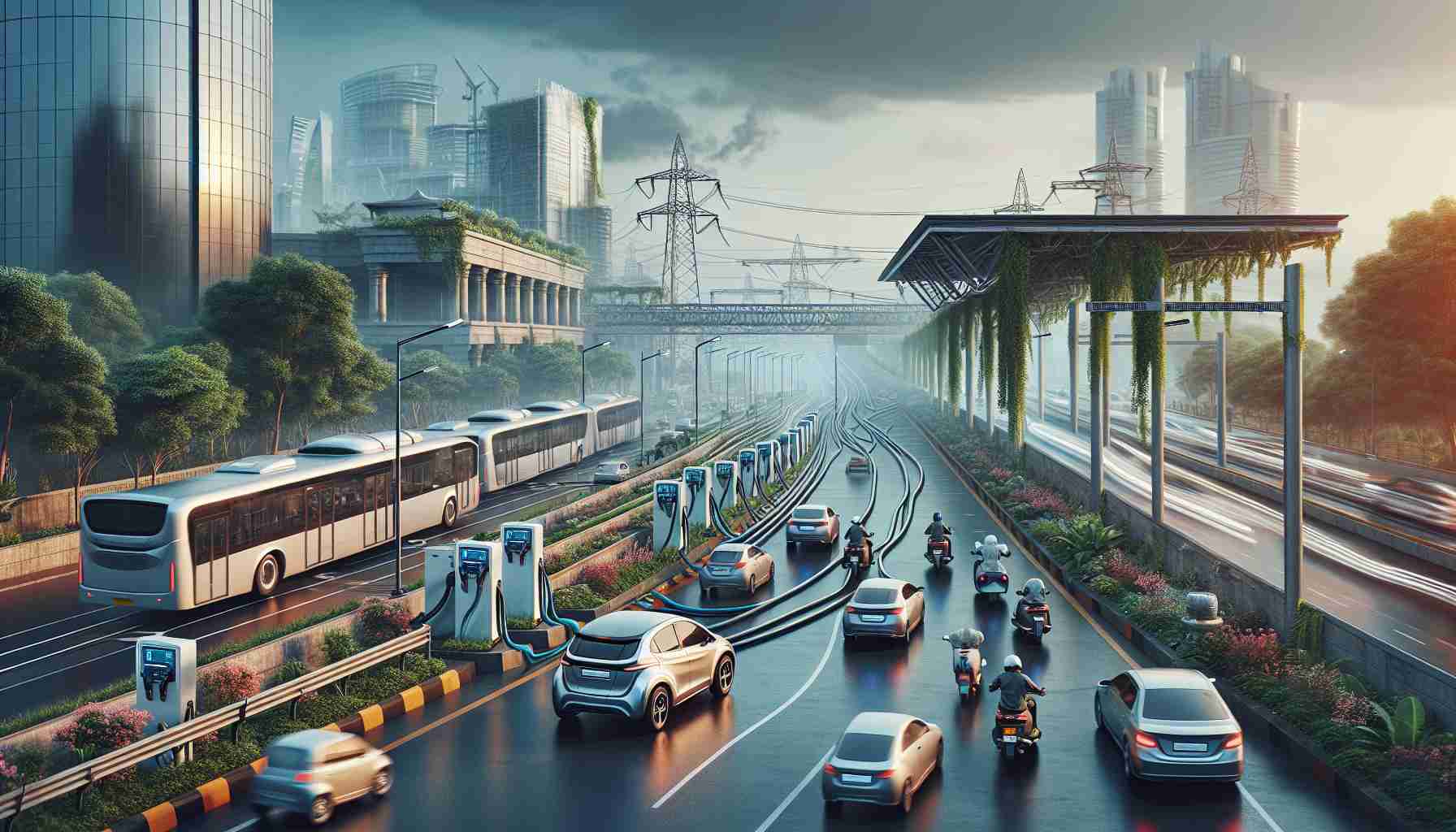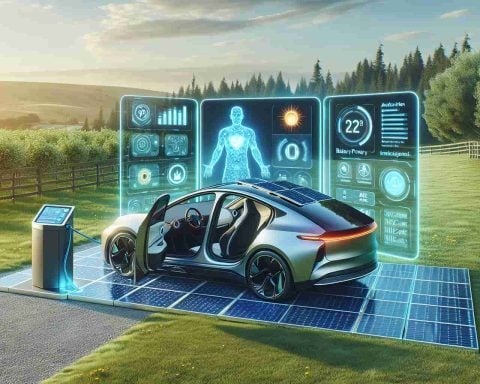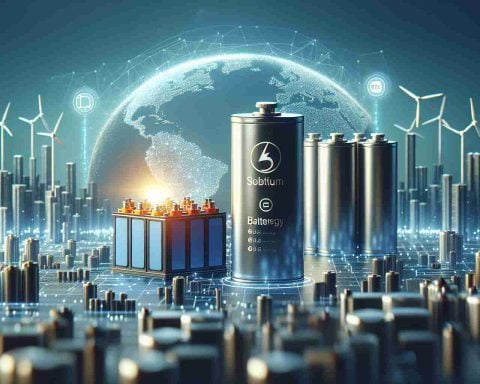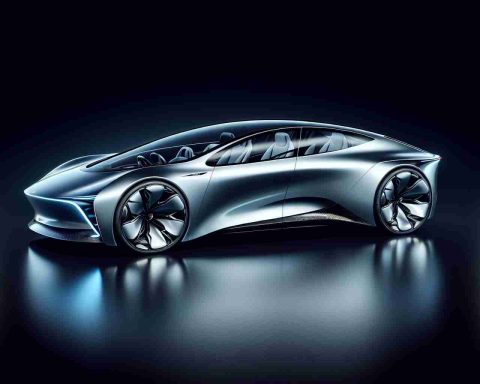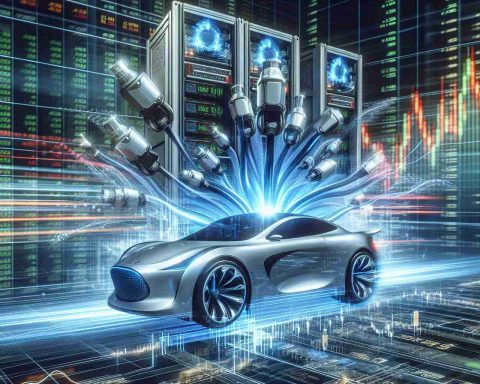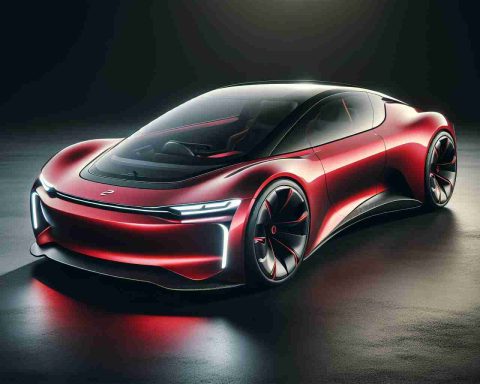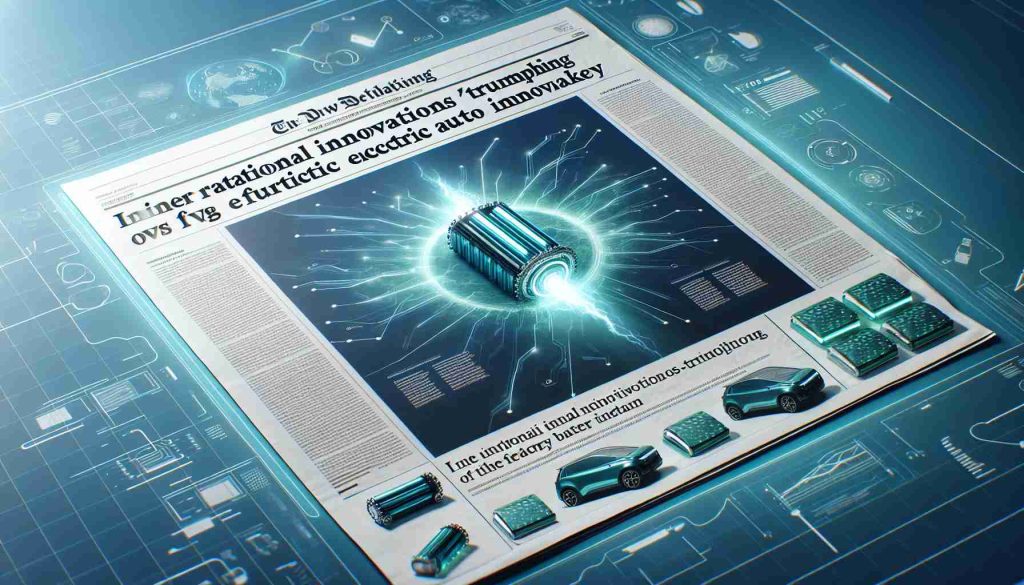- Epsilon Group invests ₹15,350 crore in Karnataka to advance India’s EV ecosystem.
- The initiative includes a Graphite Anode plant (₹9,000 crore) and an LFP Cathode plant (₹6,000 crore).
- New facilities will focus on manufacturing, R&D, and training in battery technology.
- The project aims for 100% Domestic Value Addition for anodes and 60% for cathodes, reducing reliance on imports.
- Karnataka emerges as a significant hub for EV battery innovation and production.
- Collaboration with Karnataka’s government supports the vision of a self-reliant India, aligning with an Atmanirbhar Bharat.
- The investment generates thousands of jobs and solidifies India’s position on the global battery manufacturing stage.
A bold chapter unfolds in India’s energy narrative as the Epsilon Group embarks on a transformative journey in Karnataka. With an investment of ₹15,350 crore, this ambitious endeavor promises to carve out a vibrant future for the nation’s Electric Vehicle (EV) ecosystem. Over the next decade, Karnataka will witness the metamorphosis of its landscape into a bustling hub of EV battery innovation, powered by cutting-edge manufacturing and research.
Picture this: sprawling new facilities spring to life, buzzing with activity and anticipation. Epsilon’s investment blueprint is a masterstroke, setting aside ₹9,000 crore to craft a state-of-the-art Graphite Anode manufacturing plant and ₹6,000 crore to establish a high-performance LFP Cathode plant. Meanwhile, a sophisticated R&D and training center emerges, dedicated to testing revolutionary battery materials.
This venture isn’t just about numbers; it is a testament to Karnataka’s ambition to spearhead India’s energy transition. By enabling local battery manufacturers to access superior materials domestically, Epsilon decisively reduces the nation’s reliance on imports, notably from China. The remarkable commitment to 100% Domestic Value Addition for anode materials and 60% for cathodes signifies a significant leap towards self-reliance.
Through this strategic collaboration with the Government of Karnataka, Epsilon fortifies its vision of an Atmanirbhar Bharat — a self-reliant India. As thousands of jobs materialize and groundbreaking technologies take root, India’s intricate dance with energy security takes an elegant step forward. This investment not only strengthens local supply chains but also catapults India onto the global stage as a formidable battery hub.
In this bold pursuit of sustainability and innovation, Epsilon becomes a beacon of economic vitality, fostering an era powered by clean energy and driven by local strength. As Karnataka leads the charge, India edges ever closer to realizing its EV dreams.
Is India Ready to Lead the Global EV Revolution? Exploring the Epsilon Group’s Bold Move in Karnataka
Features and Innovations
The Epsilon Group’s investment in Karnataka marks a significant milestone in India’s EV sector. The creation of a Graphite Anode manufacturing plant and an LFP (Lithium Iron Phosphate) Cathode plant showcases cutting-edge technologies that promise to revolutionize battery manufacturing. These facilities will help develop more efficient, longer-lasting batteries that are critical for electric vehicle performance and cost-effectiveness.
Additionally, the establishment of an R&D and training center focused on testing breakthrough battery materials positions Karnataka as a crucial innovation hub. This center could play a significant role in future technological advancements, offering training and research opportunities that benefit the local workforce.
Pros and Cons
Pros:
1. Economic Growth: The investment is expected to create thousands of job opportunities in the region, boosting economic activity and development in Karnataka.
2. Reduced Import Reliance: By focusing on domestic production of battery components, India can decrease its dependency on imports, particularly from countries like China.
3. Enhanced Sustainability: Local manufacturing and research in EV technology promote sustainable practices, aligning with global trends in clean energy.
Cons:
1. Initial Costs: The high upfront investment in infrastructure and technology could pose financial risks if the market demand does not meet expectations.
2. Technological Challenges: Developing and manufacturing cutting-edge battery materials present challenges in technology adaptation and resource management.
Market Analysis and Predictions
The EV market in India is projected to grow exponentially over the next decade, driven by government incentives, increasing consumer awareness, and advancements in battery technology. Epsilon’s investment positions Karnataka at the center of this growth, likely attracting more investors and companies to the region. India’s push towards an Atmanirbhar Bharat, or self-reliant India, aligns well with global shifts towards localization and sustainability in supply chains.
Limitations and Challenges
While the endeavor is promising, there are potential challenges:
– Supply Chain Integration: Developing a fully integrated local supply chain for battery technology requires strategic partnerships and continuous innovation.
– Infrastructure Development: Building the necessary infrastructure could face logistical and regulatory hurdles.
– Market Competition: As more players enter the EV market, maintaining a competitive edge in technology and cost will be crucial.
Related Links
– Epsilon Group
– Invest India
Important Questions Addressed
What is the significance of Epsilon’s investment in India’s EV sector?
Epsilon’s investment underscores the strategic importance of the EV sector in India’s broader economic and energy security goals. It highlights India’s commitment to developing a sustainable and self-reliant industry capable of competing globally.
How does this investment impact the local workforce in Karnataka?
The new facilities are expected to create significant employment opportunities, ranging from skilled technical roles in manufacturing and R&D to ancillary services. This could lead to overall economic development and improved living standards in the region.
What are the sustainability aspects of this venture?
By focusing on domestic production and innovation in battery components, this investment reduces resource waste and carbon footprint associated with large-scale imports. It supports India’s larger vision of adopting clean energy solutions and reducing greenhouse gas emissions.
Conclusion
Epsilon’s ambitious project in Karnataka represents a pivotal moment in India’s transition to a sustainable and technologically advanced EV ecosystem. As the state transforms into a global EV hub, the implications for local industry, economy, and the broader society are profound. With strategic foresight and continued innovation, India is poised to lead the charge in the electric vehicle revolution.
